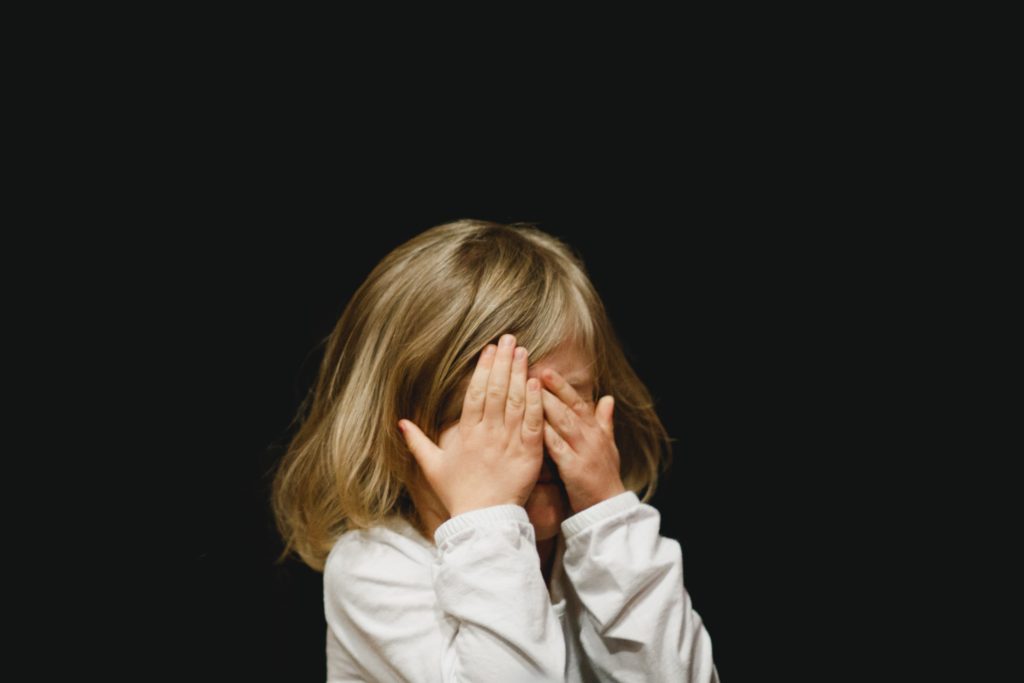As the world adjusts to the change in lifestyle due to the COVID-19 pandemic, most of us can feel our ability to cope being challenged. Life in so many domains came to a sudden halt or about face without warning or time to prepare. We’re seeing an increase in anxiety and depression symptoms, as many adults’ sense of security has been shattered. Although it’s difficult for adults to process all of this, can you imagine the difficulty for children to understand what’s happening in their new world? Kids are also showing more signs of depression and anxiety, especially separation anxiety and generalized anxiety (what we like to think of as getting a case of the “What ifs…..”). We’re frequently asked by parents, “How do I talk to my kids about COVID-19 without freaking them out?”
Here are some guidelines for you to consider as you talk with children about COVID-19.
- Remain calm. Children will feed off of your fear if you show it. Adults often show emotion as they process scary information, but they can use their adult coping skills to rationalize and calm themselves down. However, children often don’t have those advanced skills and will take your initial emotional reaction is factual information. If they see your fear, they’ll likely have fear, too. Even when adults eventually calm down, children are left feeling afraid. If you can, talk to your partner or other adult about your fears away from children.
- Don’t lie. Children are exposed to so much information from multiple sources – parents, teachers, peers, media, etc. They likely know that there is a virus. They likely know that people are getting very sick and dying. They likely know that the virus is a significant risk because they’re not allowed to leave the house or see grandparents and friends. Telling them, “Oh, there is nothing to worry about” can make them not trust your words and/or doubt their ability to understand information. A better strategy would be to give (developmentally appropriate) facts in a calm, rational manner. Remind them that this is a temporary situation and that the world is working together to keep the virus from spreading. It’s important for children to feel some sense of control in their worlds, so letting them know that they’re playing an important part in beating the virus can possibly give them that sense of control.
- Talk about life after the virus. In our house, we often say, “When life gets back to normal…” to give our kids two messages: 1) We have some cool things planned in the near future, and 2) This will Often, kids (especially those at-risk for anxiety and depression) think negative events have no end date, and these kids fall into a thinking pattern that includes hopelessness. They expect bad stuff to last forever. We use this language as a preventative measure to constantly make sure they remember that, just like a rainbow comes after a storm, lots of awesomeness is going to happen in the near future.
Having a home that is calm, discusses the virus in (developmentally appropriate) facts, and has conversations about other topics and fun things in the future can really help children get through this!
If you have any questions about what is considered “developmentally appropriate”, or if you’re concerned about a change in your child’s thinking patterns, intensity of feelings, or behaviors, please give us a call or text (908) 914-2624 or email us at info@anxietyandbehaviornj.com.
